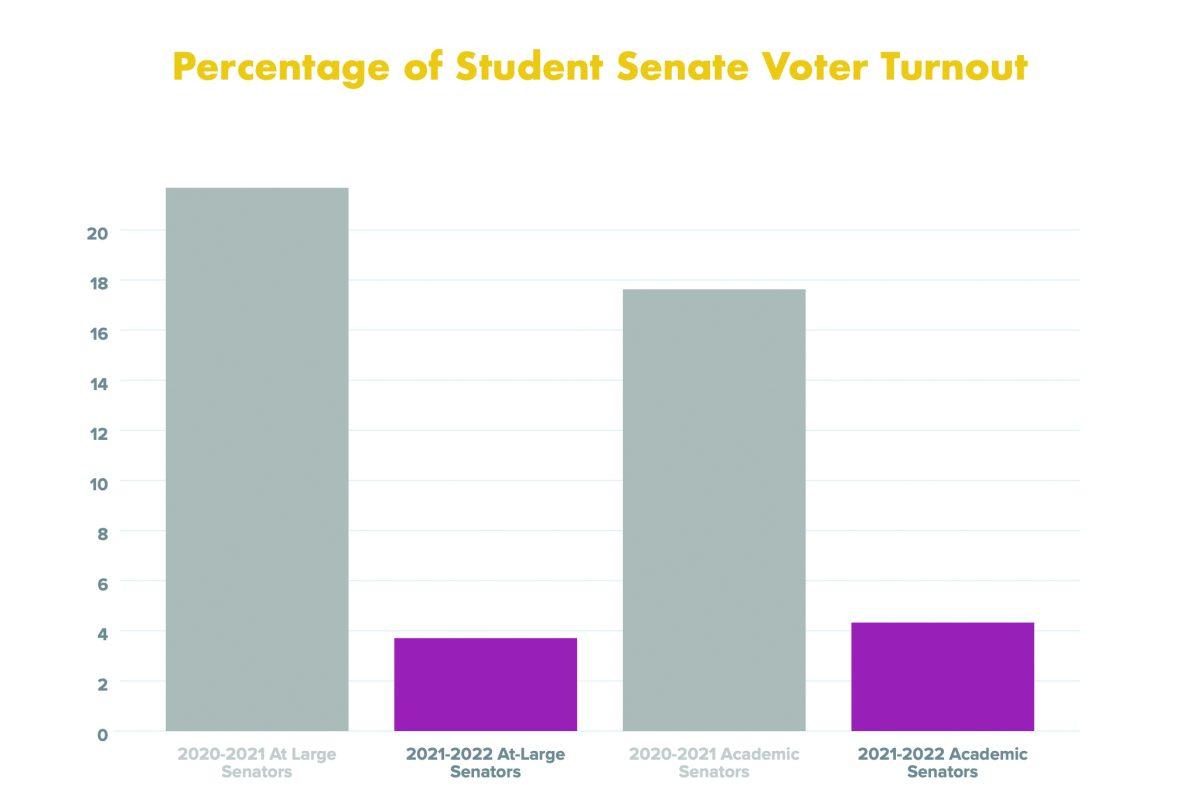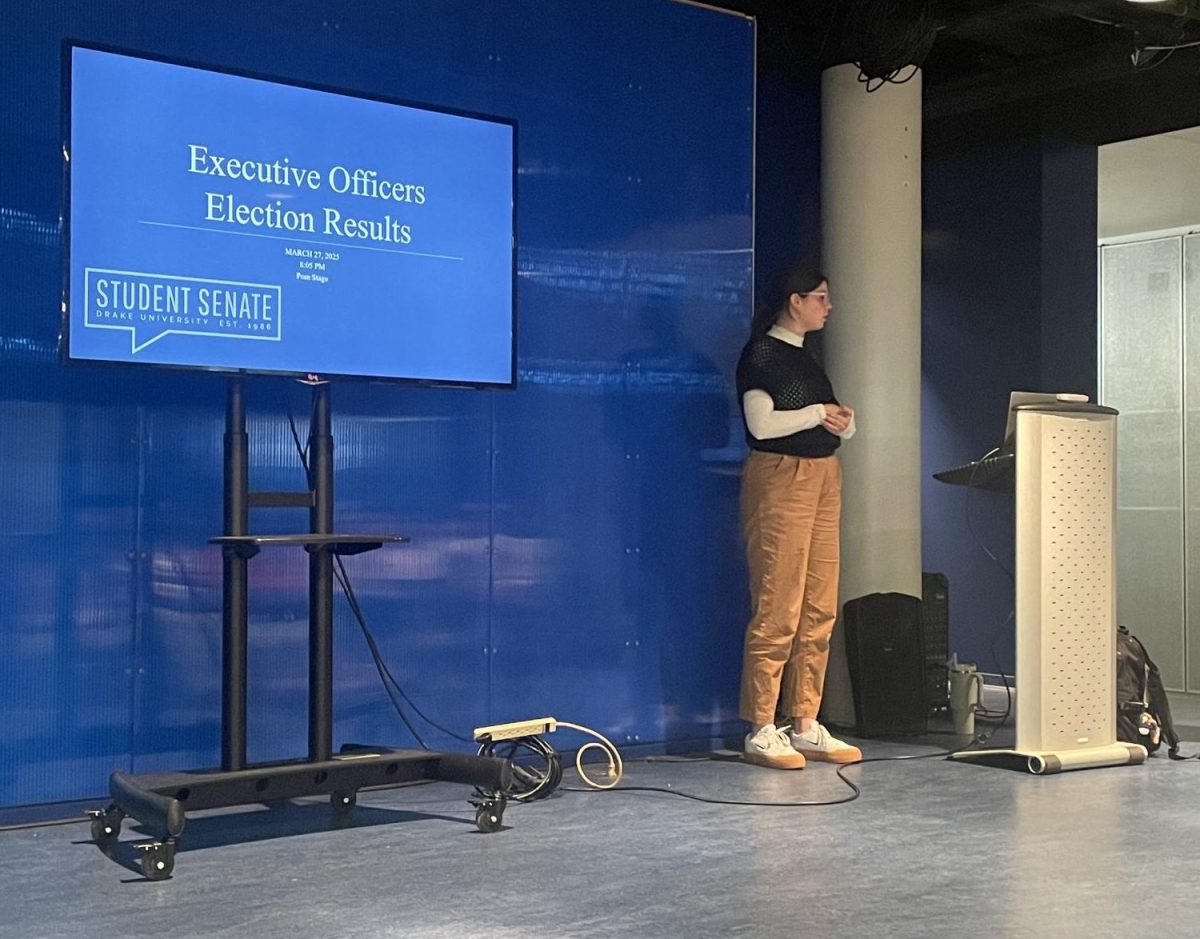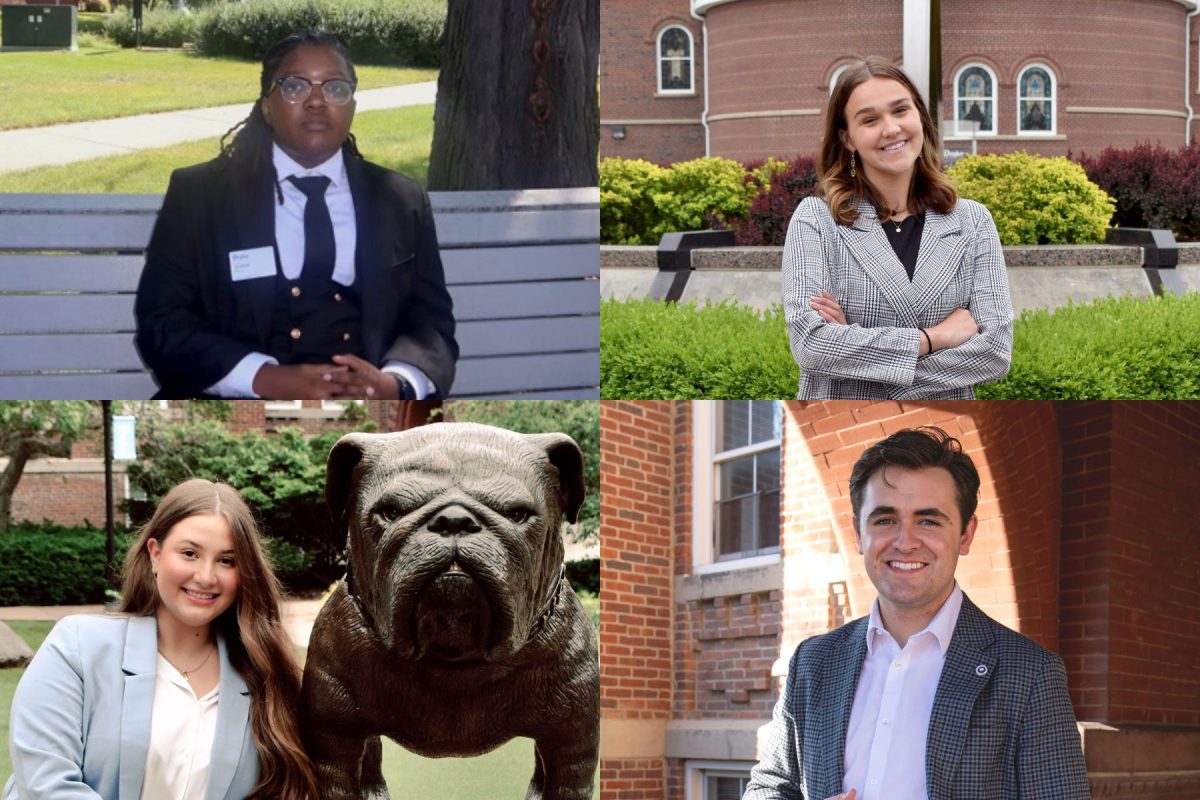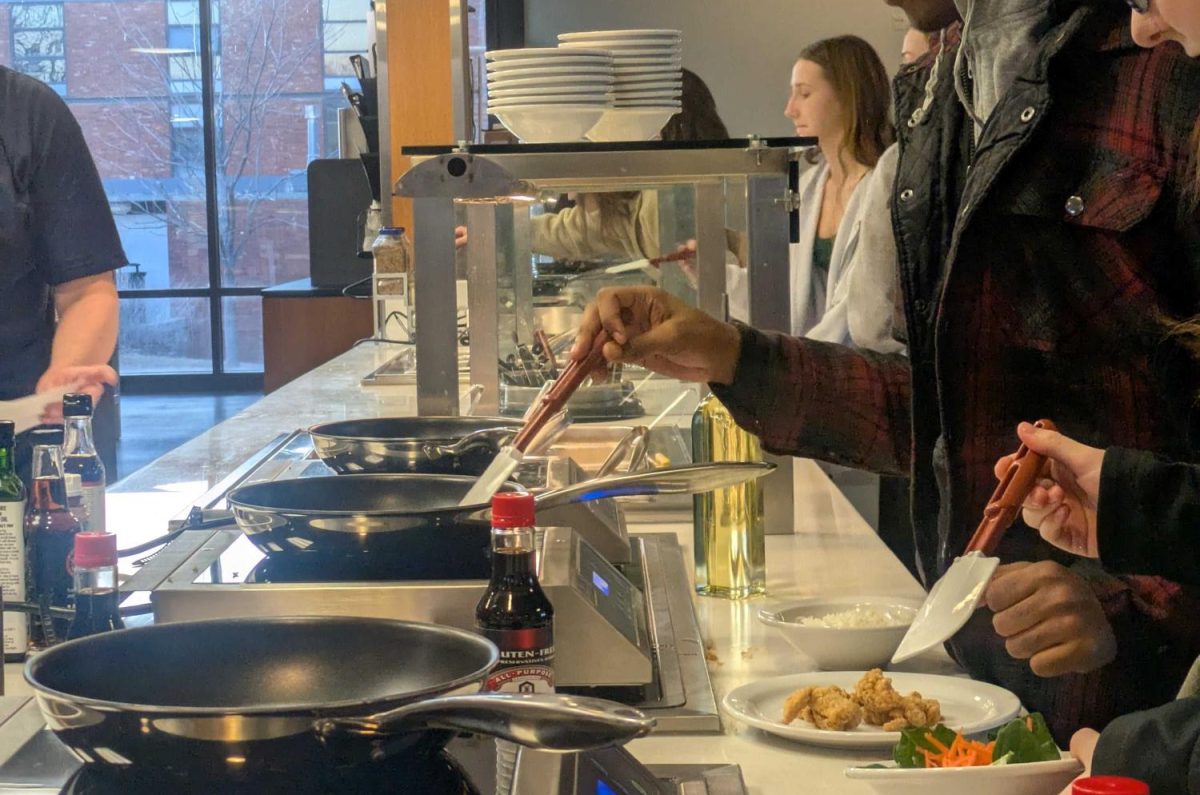Six academic, one equity and inclusion, and six at-large Student Senators were voted in for the 2021-2022 academic year on Friday night after running campaigns that focused on issues of transparency and accountability, equity and inclusion, or sustainability.
All of the students were elected unopposed, although many voters did not vote for every candidate, according to election results posted by Student Senate on Facebook. The election also suffered from much lower voter turnout in comparison to last year’s elections. Student Body Treasurer Jacob Salazar said the low turnout occurred because the Student Senate was unable to send out a mass email with the link to the election.
“But because of the phishing emails this year, IT actually restricted the number of emails one email could send to other email addresses,” Salazar said. “So we were unable to send a mass email because they restricted that, which I think kind of made it difficult for a lot of students to vote.”
The candidates met in a virtual forum streamed on Facebook Live on Wednesday night. Incoming Senators-at-Large Nick Trout and Charlie Anthony Adame’s campaigns were centered on promoting transparency and accountability in the Student Senate.
“One of the biggest concerns that I’ve heard about Senate, both in this campaign and throughout the year, is that people don’t feel like Senate represents them, and they don’t feel like Senate is being transparent and accountable,” Trout said.
Several incoming senators have suggested various solutions to this problem. Trout proposed posting the full text of past Student Senate motions on Senate’s Facebook page, Adame’s platform would have all senators attend at least one student organization meeting each month, and incoming At-Large Senator Amber Guzzo’s platform proposes partnering with the Times-Delphic to create a column where senators would write about their work in the Student Senate.
“One thing I’d like to say is that dialogue means being present. It means being able to speak the same language as the students,” Adame said during the forum.
Salazar, who moderated the forum, said this year’s candidates represent the interests and diversity of the Drake student body “even more than last year.” Salazar said the level of transparency the Student Senate should have is like a line on a graph—always changing rather than remaining at a set level.
“And in the past few years that I’ve seen, Senate has been coming closer to that line but has never gotten on that line. They’ve always kind of fallen a little short here and there,” Salazar said. “So I think that the next Senate is going to work on kind of closing that gap between the transparency that Senate actually has and what it needs to be.”
Incoming Senator-at-Large Davey Newell and Equity and Inclusion Senator Avasar Sheth also talked about increasing dialogue, but in regards to representing intersectional identities or marginalized students, respectively. Sheth, who has served as the Programming Chair of UNITY Roundtable, discussed at the forum how he would connect UNITY to Student Senate.
“Some of my goals for this position include expanding the number of expanding the number of organizations in UNITY, helping multicultural organizations recruit more members after the pandemic, [and] holding more events, such as professional development events, mental health care events, and so forth,” Sheth said. “Additionally, I would like to hold Senators accountable to show up to more multicultural events.”
Incoming Senator-at-Large Brian Orellana proposed the addition of a Vice President of Diversity, Equity and Inclusion to the Senate’s executive board.
“Student Senate has had broken relationships,” Orellana said. “We need to fix those relationships, and by pushing for this, we are making sure that, a) we’re building [our] relationship with the multicultural organizations, b) we are showing that we want to be more inclusive, more equitable, more fighting for that change, because if we don’t fight for it, then what are we doing here?”
Incoming Senator-at-Large Rhent Addis’s campaign was focused on improving sustainability on campus. Addis’s platform includes proposals to promote Drake Environmental Action League’s residence hall composting program, stop selling plastic water bottles at the C-Store, and use more LED light bulbs on campus.
“There was a fact I found, or actually my campaign found, rather, that in 2018 our total carbon emissions were 23,972 tons,” Addis said. “While this is an 18% reduction since we began tracking it in 2013, it is still not enough to reach carbon neutrality by 2050. This is a goal explicitly stated in the Drake Climate Action Plan.”
Drake Environmental Action League President Ella Field said there is “great opportunity for collaboration” between DEAL and the 2021-2022 Student Senate.
“I’m happy to see many senators including sustainability in their platform and hope to work with them in the future,” Field said.
According to the Student Senate bylaws, each of the at-large senators will take up a position and responsibilities that pertain to a specific aspect of life at Drake. For example, responsibilities of the Community Outreach Senator include chairing the Community Outreach Committee, attending Drake Neighborhood Association meetings, and creating initiatives that connect the Drake community with the surrounding community.
Academic senators are responsible for representing the constituents in their college. For example, School of Journalism Senator Madeleine Leigh said she would bring the interests and initiatives of student organizations and publications within the journalism school to Student Senate. Leigh emphasized the importance of being informed as a “first step” to being a responsible member of the Drake community.
“We have a real opportunity here as we move back to a in-person, post-COVID world to not only build back the kind of community we had before but build it back better, create a community that is more inclusive, more informed, and more involved,” Leigh said. “More interconnected. We as senators have a responsibility to participate in that, to facilitate that, and to help everybody else do it too.”










